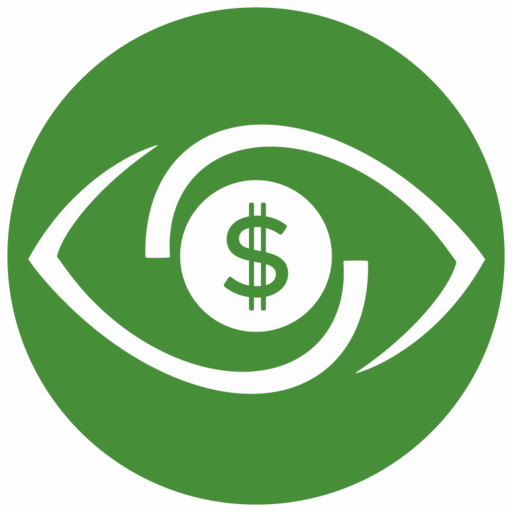Deciding whether to pay off your mortgage early is a significant financial decision that can have lasting implications on your financial well-being. With fluctuating interest rates and varying personal financial situations, understanding the pros and cons of this decision is crucial. Here, we delve into the key considerations to help determine if paying off your mortgage early is the right move for you.
The Financial Benefits of Paying Off Your Mortgage Early

Paying off a mortgage early can lead to substantial interest savings over the life of the loan. By reducing the principal balance more quickly, homeowners can significantly decrease the total amount of interest paid. For example, on a $300,000 mortgage with a 4% interest rate over 30 years, paying an additional $200 per month could save over $30,000 in interest. These savings can be even more pronounced with higher interest rates or longer loan durations.
In addition to saving on interest, paying off your mortgage early increases your home equity, which enhances financial stability. Home equity is an asset that can be leveraged in times of need, offering a buffer during economic downturns. Being free from mortgage payments also provides a sense of security, knowing that your home is completely yours even if the market fluctuates.
The psychological relief of being debt-free cannot be overstated. Eliminating a substantial financial obligation like a mortgage can provide both mental and financial freedom. Once the mortgage is paid off, the money previously allocated for monthly payments can be redirected towards other financial goals, allowing for more flexible planning and increased disposable income.
Potential Downsides of Early Mortgage Payment

Despite the benefits, there are potential downsides to paying off a mortgage early, primarily related to opportunity cost. By focusing on extra mortgage payments, you might miss out on investment opportunities that could offer higher returns than the interest saved. Stocks, bonds, or retirement accounts could potentially yield more significant financial growth, depending on market conditions and personal risk tolerance.
Another consideration is liquidity. Tying up funds in home equity can reduce your available cash for emergencies or other expenses. It’s crucial to maintain an emergency fund before committing to extra mortgage payments. This strategy ensures you have accessible funds for unexpected situations, preventing the need to tap into home equity, which can be costly and time-consuming.
Additionally, early mortgage payment can impact your tax situation. The loss of mortgage interest tax deductions could increase your tax liabilities. Understanding how this change affects your overall financial planning is essential, especially if you rely on these deductions to reduce taxable income.
Factors to Consider Before Making Extra Payments

Before deciding to make extra mortgage payments, it’s vital to assess your personal financial situation. Determine if your current income and expenses can accommodate additional payments without causing financial strain. Evaluating other debts and their interest rates is also important, as it may be more beneficial to pay off higher-interest debts first.
Aligning early mortgage payoff with your long-term financial goals is crucial. Consider how this decision fits into retirement planning, education savings, and other objectives. While owning a home outright can be rewarding, it’s important to ensure it doesn’t detract from long-term wealth-building strategies.
The current economic climate should also influence your decision. Interest rates and economic conditions can impact the benefits of paying off a mortgage early. Consider how inflation and property value trends might affect your financial strategy, ensuring your decision remains sound in varying economic scenarios.
Strategies for Paying Off Your Mortgage Early

One effective strategy for accelerating mortgage payoff is refinancing. By refinancing to a shorter loan term, homeowners can take advantage of potentially lower interest rates and pay off their mortgage more quickly. However, it’s essential to weigh the costs involved in refinancing against the benefits.
Biweekly payment plans offer another method to shorten the loan term. By making payments every two weeks instead of monthly, you effectively make one extra payment per year, reducing the principal faster. Setting up a biweekly payment plan can be straightforward and manageable, providing a disciplined approach to early payoff.
Occasional lump-sum payments or regular extra contributions can also expedite mortgage payoff. Budgeting for these additional payments requires careful planning, ensuring they align with other financial commitments. Prioritizing these extra payments can lead to a more rapid reduction in mortgage debt, bringing you closer to financial freedom.
Real-Life Experiences and Advice

Many individuals who have paid off their mortgages early share insights into their experiences. Some report a significant sense of accomplishment and financial freedom, while others, like those featured in this Business Insider story, occasionally express regret due to missed investment opportunities or liquidity issues. These personal stories provide valuable perspectives on the potential impacts of early mortgage payoff.
Professional financial advice can be invaluable when considering early mortgage payoff. Financial advisors often recommend evaluating the decision within the context of broader financial goals, emphasizing the importance of maintaining balance and avoiding common pitfalls. Misconceptions, such as the belief that paying off a mortgage is always the best use of funds, should be carefully examined to ensure sound financial planning.








Leave a Reply